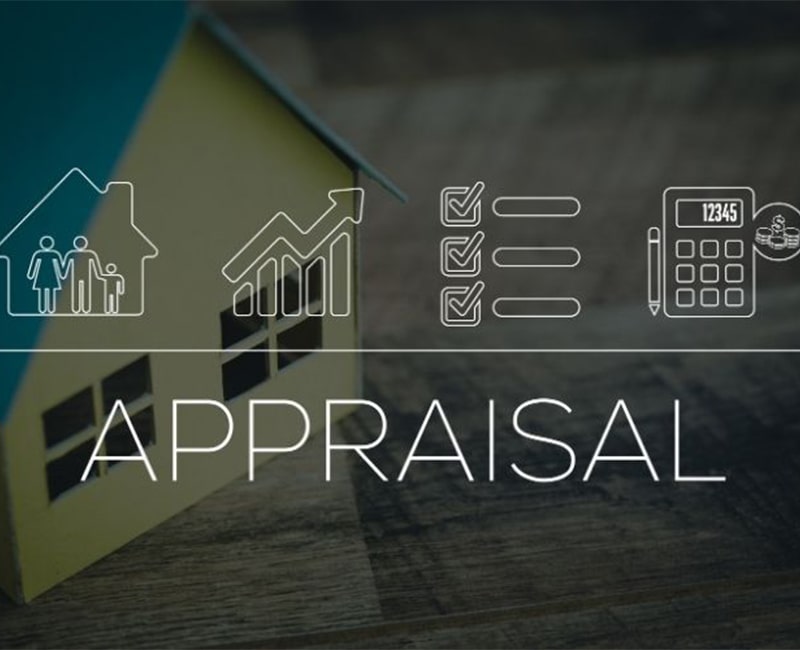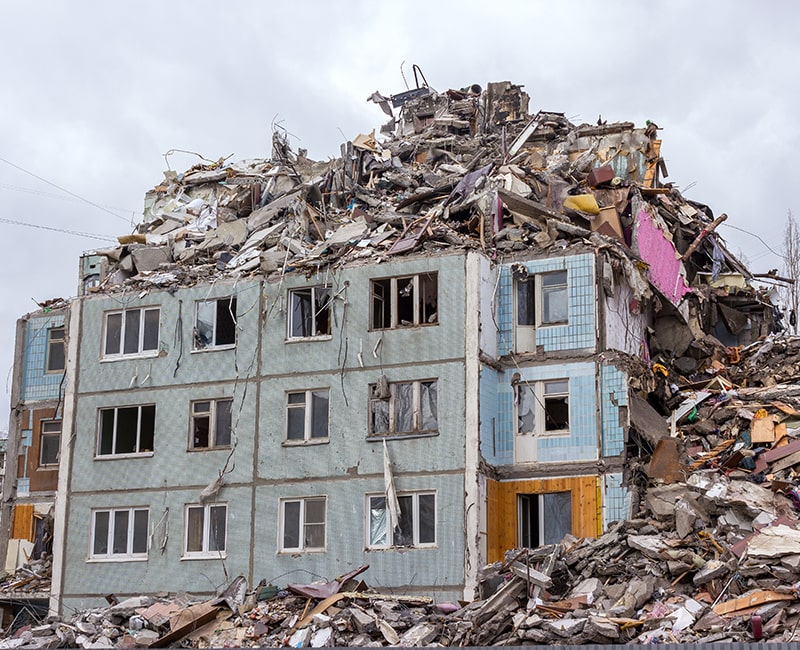Accepting a home purchase offer is similar to experiencing a runner’s high during a marathon. But hold the champagne—the property isn’t yet yours. There are numerous obstacles to overcome after your purchase offer is accepted and before you receive the keys (commonly referred to as escrow). If you come across any of them, the purchase may fall through, leaving you back at square one.
You can prepare for the final steps in purchasing a home in the same way that an athlete prepares for a competition. The procedures and rules for escrow vary by state, but here are ten of the most common issues encountered during this time and what, if anything, can be done to prevent or mitigate them.
1. Termite Inspection Identifies Damage

Assume the inspection reveals any signs of a visible infestation. In that case, the issue areas may need to be addressed before escrow can be closed. If the problems are too severe or the seller refuses to pay to fix them, you have the right to walk away if your purchase agreement includes the necessary contingencies.
2. The appraisal is excessively low

Appraisals are property valuations performed by a third party. They are typically performed for tax purposes, as part of the process of obtaining home financing or selling a home. Appraisers use a variety of methods to determine a property’s value, such as current market values on comparable homes.
The home will be appraised by the bank. This is, once again, at your expense. This appraisal is performed to safeguard the lender’s interest in the property. The bank wants to ensure that the home is worth at least as much as you will be paying for it so that it can recoup its losses if a foreclosure occurs. If the appraisal is too low, the seller must lower the selling price, or you must pay the difference in cash. A different appraiser may be able to provide a more favorable second opinion.
3. The Title Has Clouds On It

During the escrow process, you must hire a title company to conduct a title search and issue title insurance. The title search ensures that no one else—the IRS, the state, or a relative of the seller—has a legal claim to the property you wish to purchase.
4. A home inspection reveals flaws

Remember that earnest money is the deposit you put down to demonstrate your interest in the home and your willingness to make the purchase. If you decide to proceed, the process of negotiating with the seller to have the home repaired may slow down the purchase process and cause your closing to be delayed. You can shorten the delay by asking the seller to credit you money for the repairs at the closing.
5. One party experiences cold feet

The seller’s financial ramifications are the cause of that loss. When a home is taken off the market, the earnest money compensates the seller. This delay lengthens the time it ultimately takes them to sell. If, on the other hand, the seller decides to back out due to a change of heart or because someone made a better offer, you will have a legal right to sue the seller for damages.
6. Your financing falls through Through

Smart buyers do not make offers on homes without first obtaining pre-approval. This entails obtaining a written loan commitment from a bank stating that it will provide you with a mortgage in the amount specified. As a result, savvy sellers refuse offers from unapproved buyers. If you’re a seller, keep in mind that being pre-qualified isn’t the same as being pre-approved.
However, certain factors can prevent a loan from closing. You could have lied on the application, interest rates could skyrocket, your job situation could change, or your credit score could plummet. Inquire with your lender about how you can avoid problems like these. Furthermore, if financing falls through, potential lenders owe you an explanation. Nobody’s dream of becoming a homeowner should be hampered because of their race, religion, or national origin.
7. The house is in a high-risk neighborhood.

In states that require a natural hazard disclosure report, you will receive a document outlining the natural hazards that may affect the home during escrow. If the house is in a high-risk area, the lender may require you to purchase hazard insurance in addition to your homeowner’s insurance. This type of insurance is not cheap. It’s also a monthly cost you’ll have to pay until the mortgage is paid off or you sell the house.
To avoid unpleasant surprises during the escrow process, inquire with your agent, potential new neighbors, or the city planning department about natural hazards in your desired area. Before making an offer on a house, figure out what kind of extra insurance you’ll need and how much it’ll cost.
8. The house is not insurable.
If a previous owner made a significant insurance claim on the property, such as for water damage or mold, it would be documented in insurance records. Companies may refuse coverage if the house is deemed too dangerous.
If a home is uninsurable, you will be unable to purchase it unless you have all cash. Lenders require you to keep homeowner’s insurance until the mortgage is paid off. Of course, even if you are a cash buyer, purchasing a home that is uninsurable is probably not a good idea.
9. Errors Prevent Timely Closing
The seller may also refuse to extend the closing date, causing the entire transaction to fall through. In an ideal world, the seller would simply agree to extend the closing date without penalty. After all, if the transaction fails to close, the seller will have to start from scratch.
In conclusion
Even when everything is in order, the buying process can be extremely stressful. Buyers must go through a complicated and sometimes unfamiliar process while making important decisions about the most expensive purchase of their lives. Take the time to become acquainted with the escrow process and its potential pitfalls ahead of time. Then you must be emotionally, intellectually, and financially prepared to complete the race.
